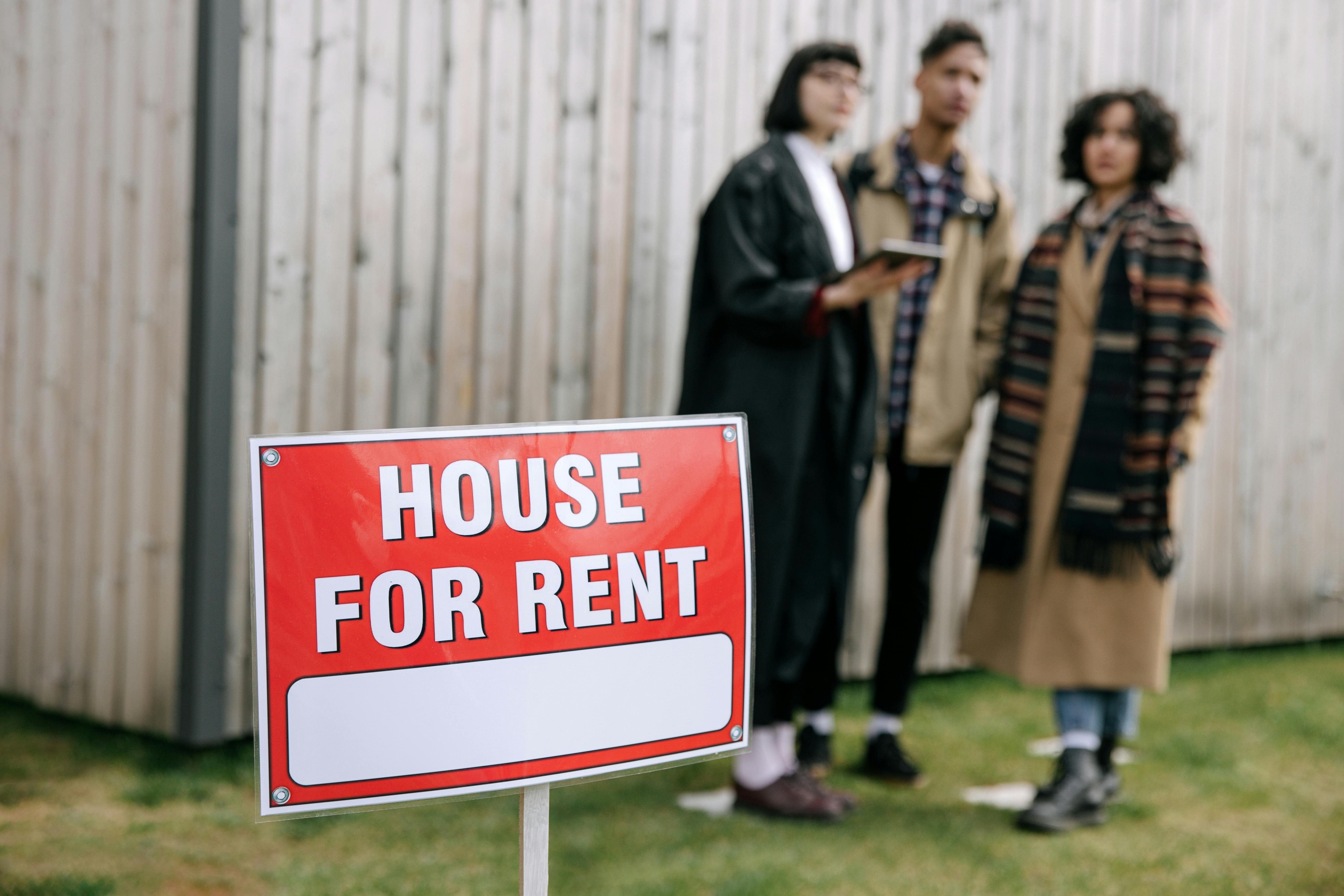Landlord Blog
Education and news for smart DIY landlords!
Myths About Renting You Should Stop Believing

Renting a home or an apartment can be an excellent choice for many people, yet it is often clouded by misconceptions and myths. These myths can prevent individuals from making informed decisions or cause unnecessary stress. Here, we’ll debunk some common myths about renting that you should stop believing.
1. Renting Is Throwing Money Away
One of the most pervasive myths is that renting is simply "throwing money away" because you don't own the property. While it's true that renters do not build equity in their homes, the idea that renting is a waste of money overlooks several factors. Renting can be more cost-effective in certain situations, particularly if you're not ready for the financial responsibilities of homeownership. Property taxes, maintenance costs, and unexpected repairs can add up quickly for homeowners. Renting allows for greater flexibility, especially if you are uncertain about your long-term plans or if you live in an area where home prices are prohibitively high.
2. Renting Means You Can’t Personalize Your Space

Many people believe that renting limits their ability to make a home their own. While it’s true that some landlords have strict rules regarding alterations, most are open to reasonable changes. Simple upgrades like painting walls, hanging artwork, or even installing removable wallpaper can personalize a rental space without violating lease terms. Additionally, tenants can often negotiate with landlords for more substantial changes if they agree to restore the property to its original condition upon moving out. It's all about communication and understanding what is allowed in your lease.
Discover: Rental Housing Modifications for Disabled Tenants
3. Renting Is More Expensive Than Owning
This myth stems from the idea that monthly rent payments are always higher than mortgage payments. However, the full cost of owning a home includes more than just the mortgage. Homeowners are responsible for property taxes, homeowners insurance, maintenance, and sometimes Homeowners Association (HOA) fees. When these costs are factored in, renting can be less expensive, particularly in markets where home prices are inflated. Additionally, renting offers protection against the unpredictable costs of repairs and maintenance, which can quickly add up for homeowners.
4. You Have No Control Over Your Living Situation
Another common misconception is that renters have no control over their living situation because they are at the mercy of their landlords. While it's true that landlords can raise rent or decide not to renew a lease, tenants have legal rights that protect them from sudden or unjust changes. Many areas have laws that regulate how much and how often rent can be increased. Furthermore, the flexibility of renting allows tenants to move if their current situation becomes unfavorable, unlike homeowners who might face difficulties selling their property in a down market.
Read more: How to Raise Your Tenant's Rent Responsibly and Legally
5. Renting Hurts Your Credit
Some believe that renting doesn't contribute positively to your credit score, while homeownership does. This is not entirely accurate. Timely rent payments can indeed help build your credit history, especially if reported to credit bureaus. Many services now allow renters to report their rent payments, which can improve their credit scores over time. On the other hand, missing mortgage payments as a homeowner can severely damage your credit.
Conclusion
Renting is often misunderstood due to widespread myths that do not hold up under scrutiny. It offers flexibility, fewer financial responsibilities, and can be a smart choice depending on your lifestyle and financial situation. Whether you choose to rent or own, making an informed decision based on facts rather than myths will lead to a more satisfying living experience.

